AARP Hearing Center

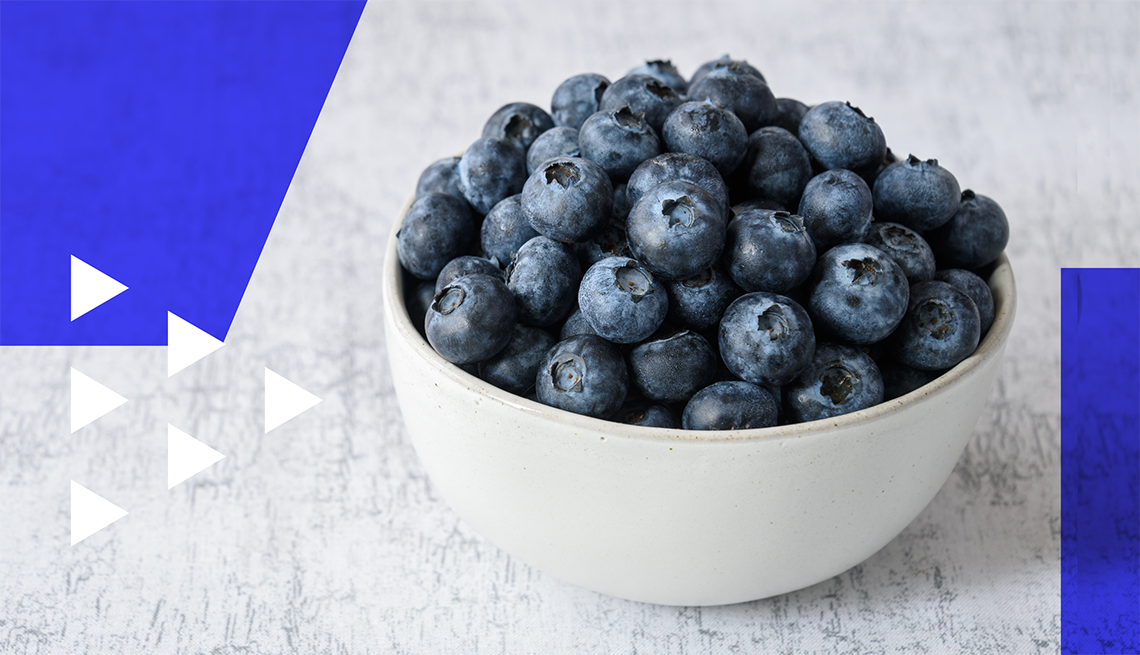
Virginia Woolf may have been ahead of her time when she famously quipped, “One cannot think well, love well or sleep well if one has not dined well.” But there’s one thing she forgot: You cannot age well either.
As we get older our skin begins to lose its ability to fight off unstable oxygen molecules known as free radicals, and a lifelong accumulation of damage begins to show up on our face in the form of wrinkles, loss of elasticity and a dull, uneven skin texture, according to New York City-based dermatologist Dendy Engelman. While much of this intrinsic aging is inevitable, extrinsic factors like sun exposure and diet play a huge role in how fast — and aggressively — this process plays out.
“Certain foods cause a rapid rise in blood sugar, which triggers a cascade of inflammation,” says dermatologist and certified nutritionist Nicholas Perricone, who popularized the now widely accepted theory that inflammation is one of the driving forces of the aging process. In his Meriden, Connecticut-based practice, Perricone puts all his patients on a low-sugar, anti-inflammatory diet, which is rich in essential fatty acids and free radical-scavenging antioxidants. “Our skin is a perfect barometer for what is going on inside us,” he says. “Within just a few days of changing their diet, I can see a marked aesthetic difference in dark circles, fine lines and skin radiance.”
Here are nine powerhouse superfoods to add to your grocery list if you want to eat your way to younger looking skin.

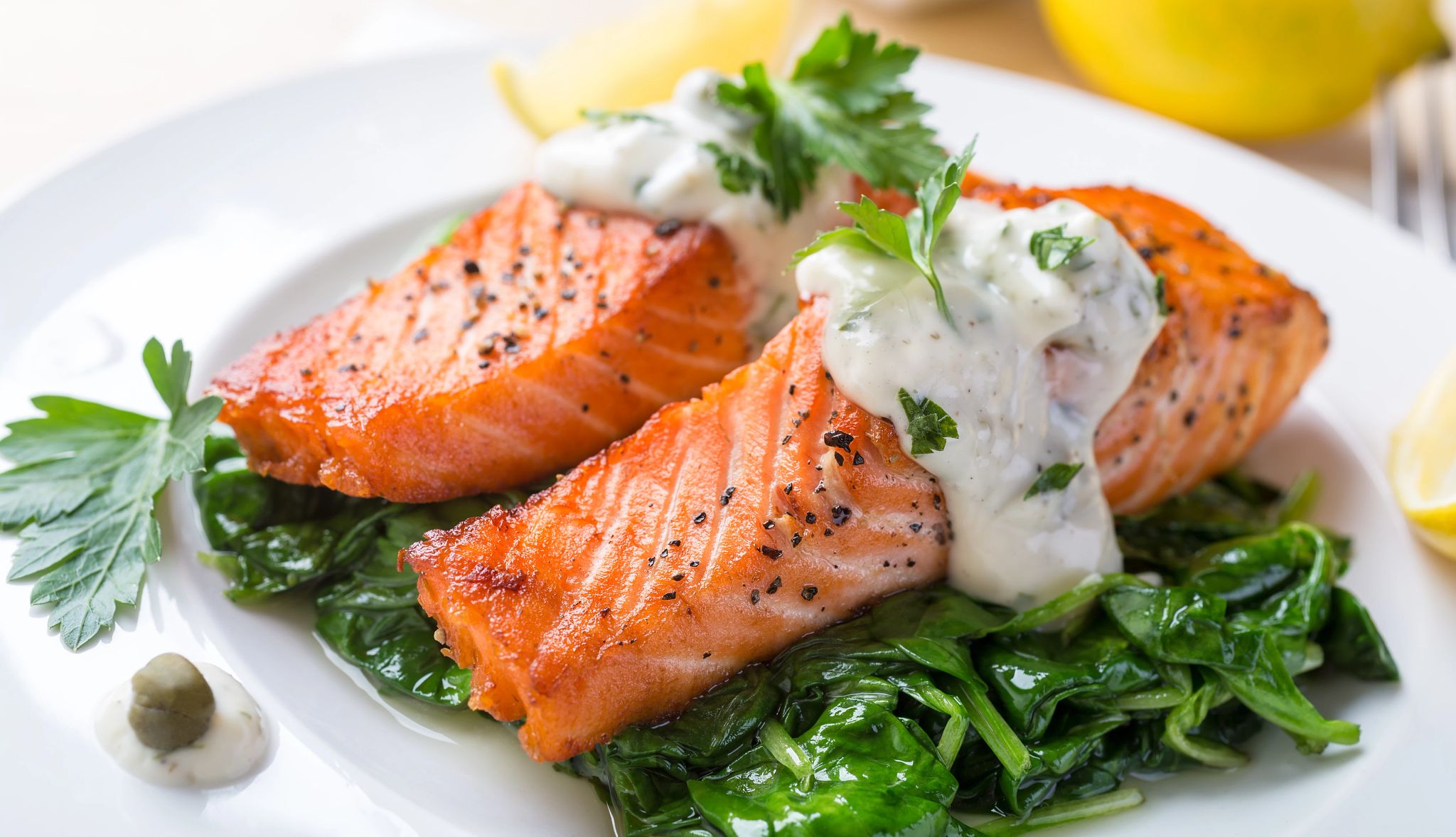
Superfood No. 1: Wild salmon
High in protein and loaded with skin-plumping essential fatty acids and the powerful antioxidant astaxanthin, this fatty fish is one of Perricone’s favorite anti-inflammatory foods. In addition to helping neutralize free radicals, those volatile molecules that accelerate inflammation (and thus the aging process), salmon is a good source of readily absorbable protein. Protein is broken down into amino acids, which provide the building blocks for all cellular repair. “I’ve had so many female patients come into my office and say, ‘Why am I not aging as well as my partner?’ says Perricone. “After speaking with literally hundreds of patients, it became clear to me that many of these women were consuming about half as much protein as their male partners.” Experts say you should aim for two or three servings per week (3 to 4 oz. per serving). And make sure to always choose wild salmon; farmed salmon is often contaminated with PCBs, a “probable carcinogen” according to the Environmental Protection Agency.
Superfood No. 2: Blueberries and other low-sugar berries
Blueberries and many other berries contain wrinkle-fighting antioxidants known as anthocyanins, flavonoids that researchers believe may help suppress the growth of tumor cells and regulate blood sugar (preventing glycation, a process that makes collagen and elastic fibers in skin become stiff and lose its firm, supple nature). Blueberries also contain vitamin C, which helps boost radiance and aids in collagen synthesis. In addition, researchers believe that the phytochemicals in blueberries may positively affect our gut microbiome, which plays a key role in maintaining the health of our skin (not to mention our brains and virtually every other system in our body).



































































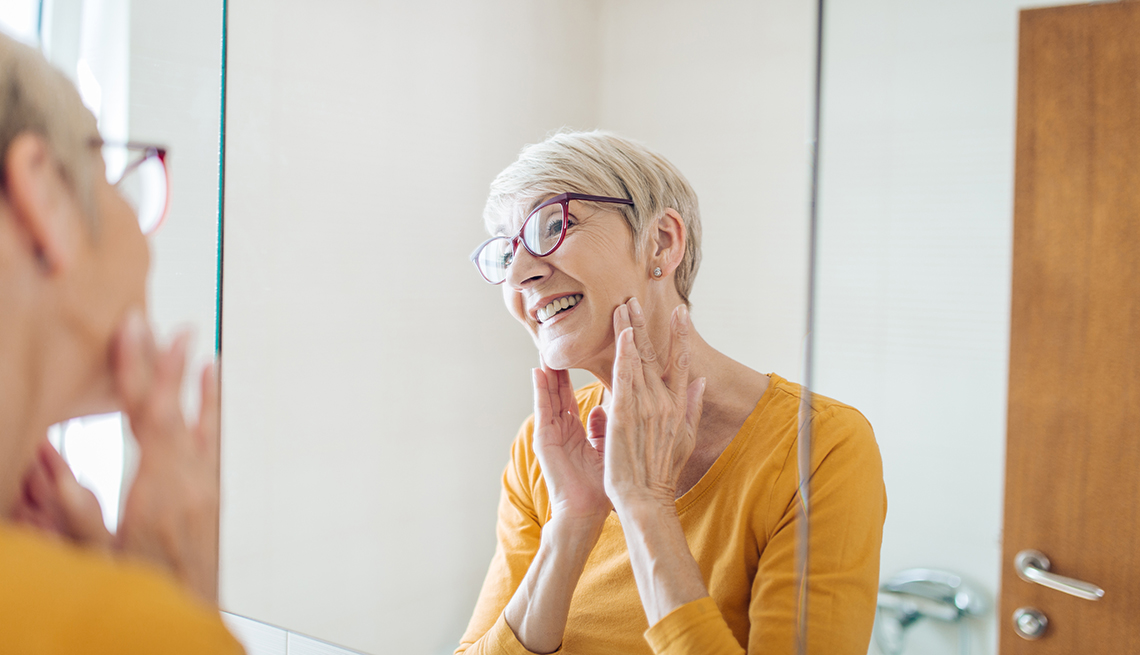
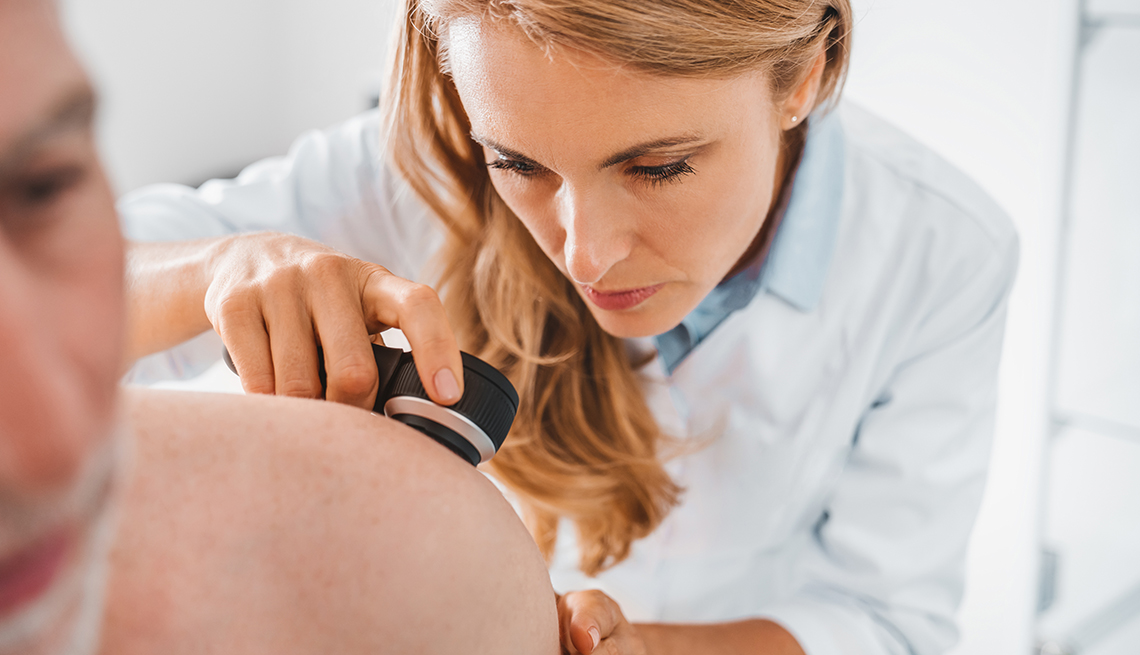
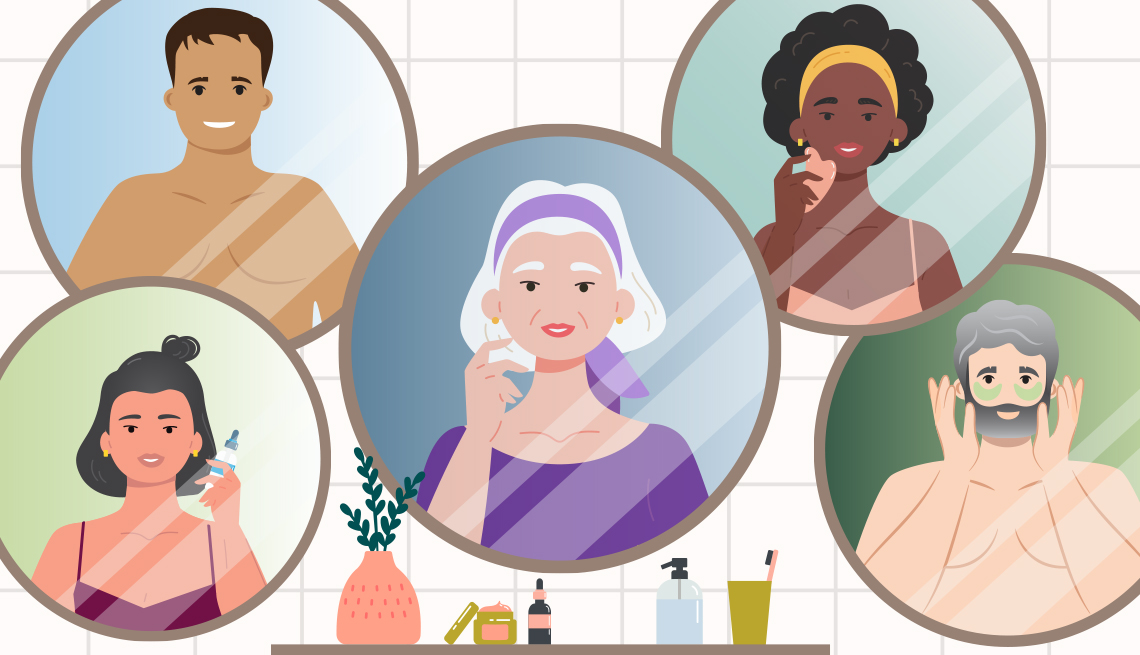
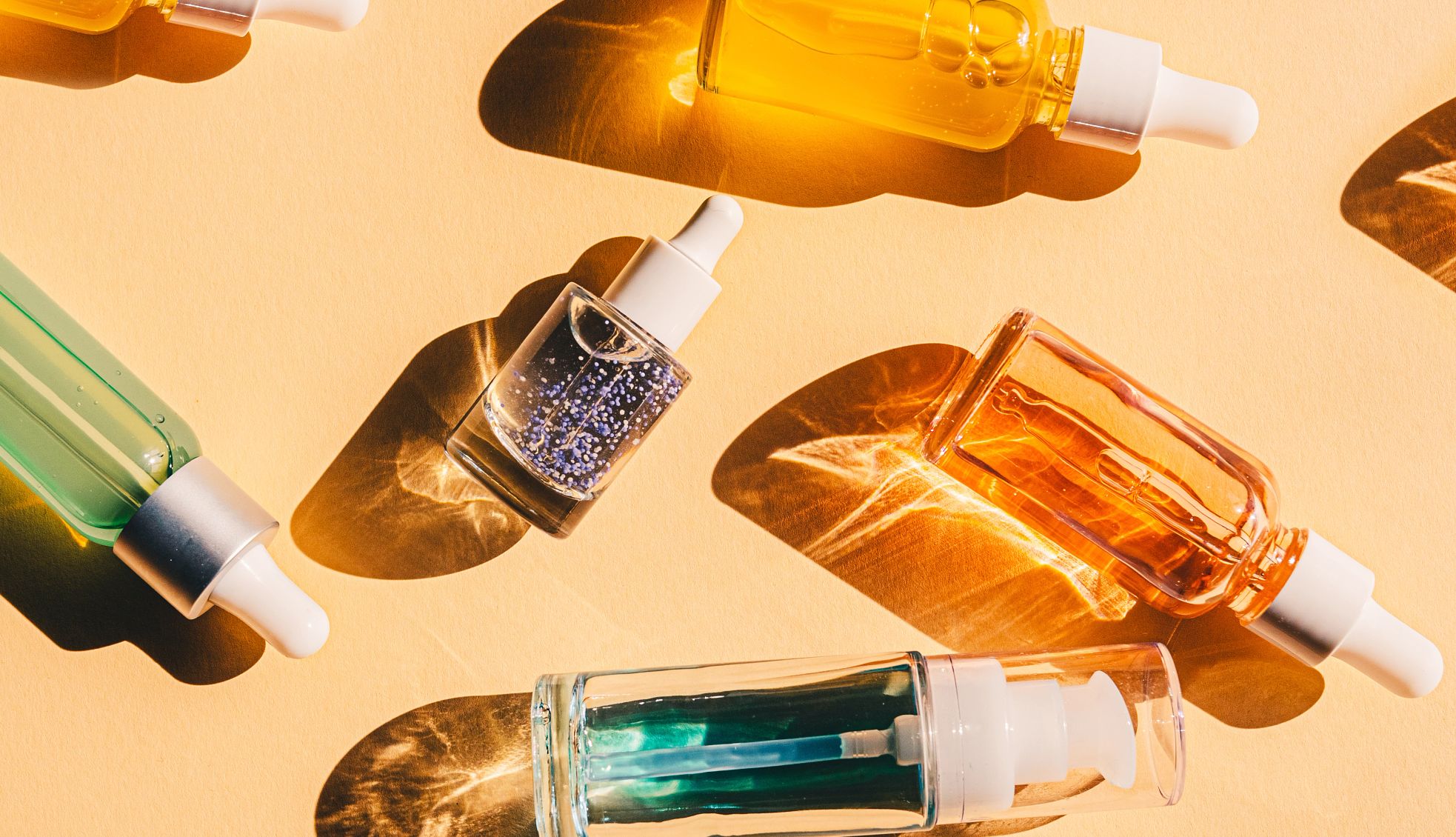
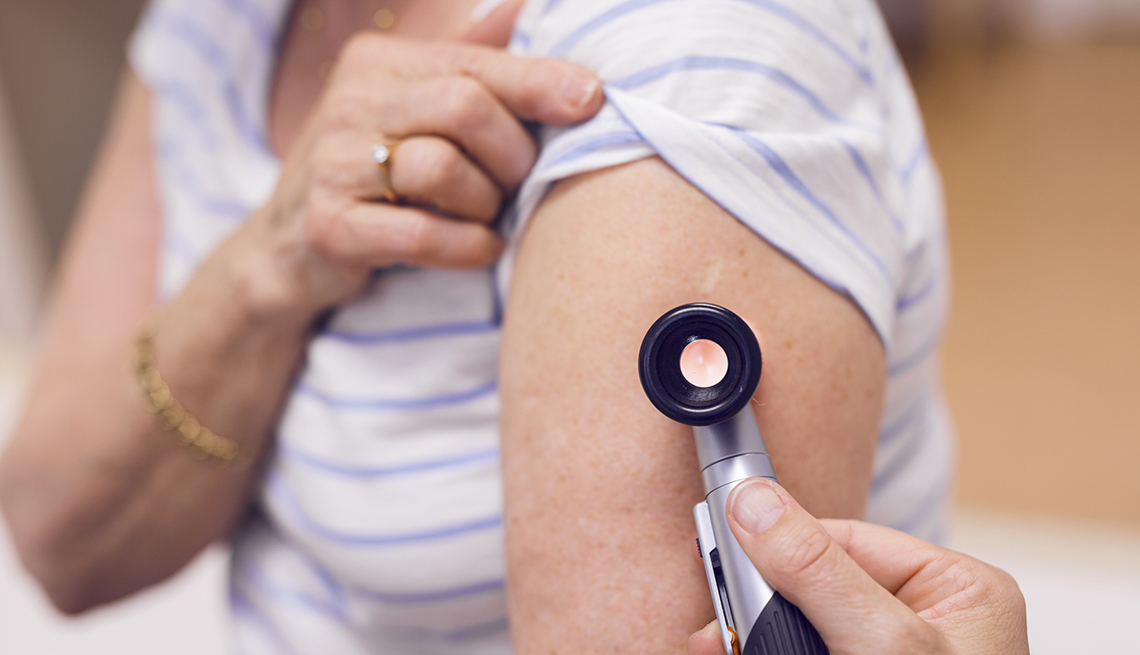
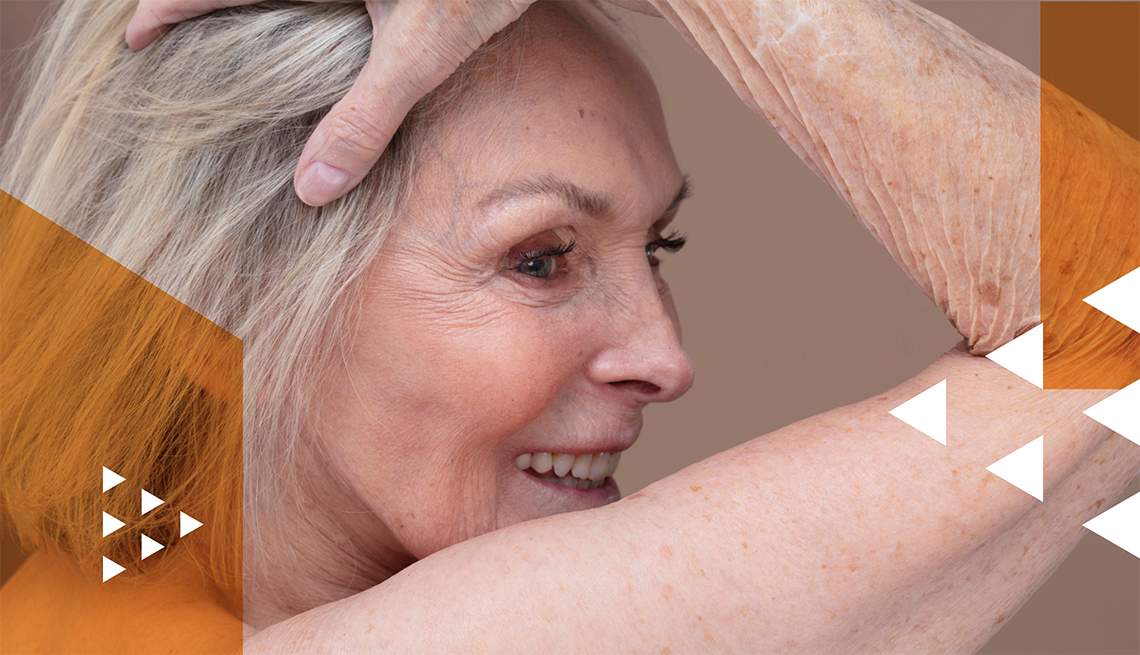
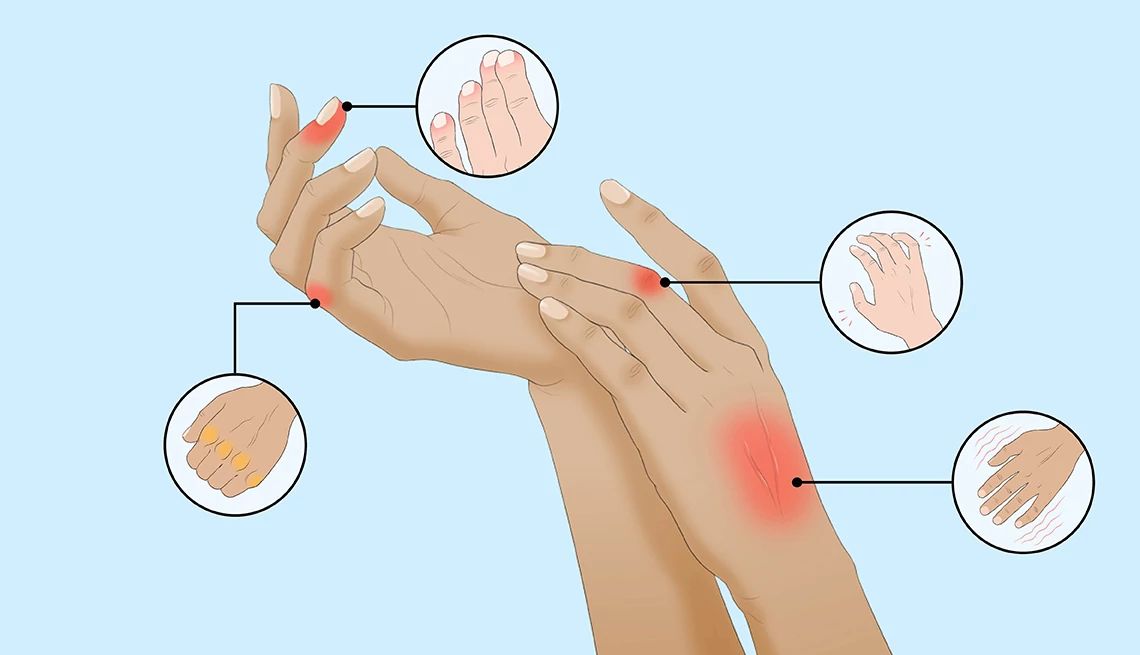
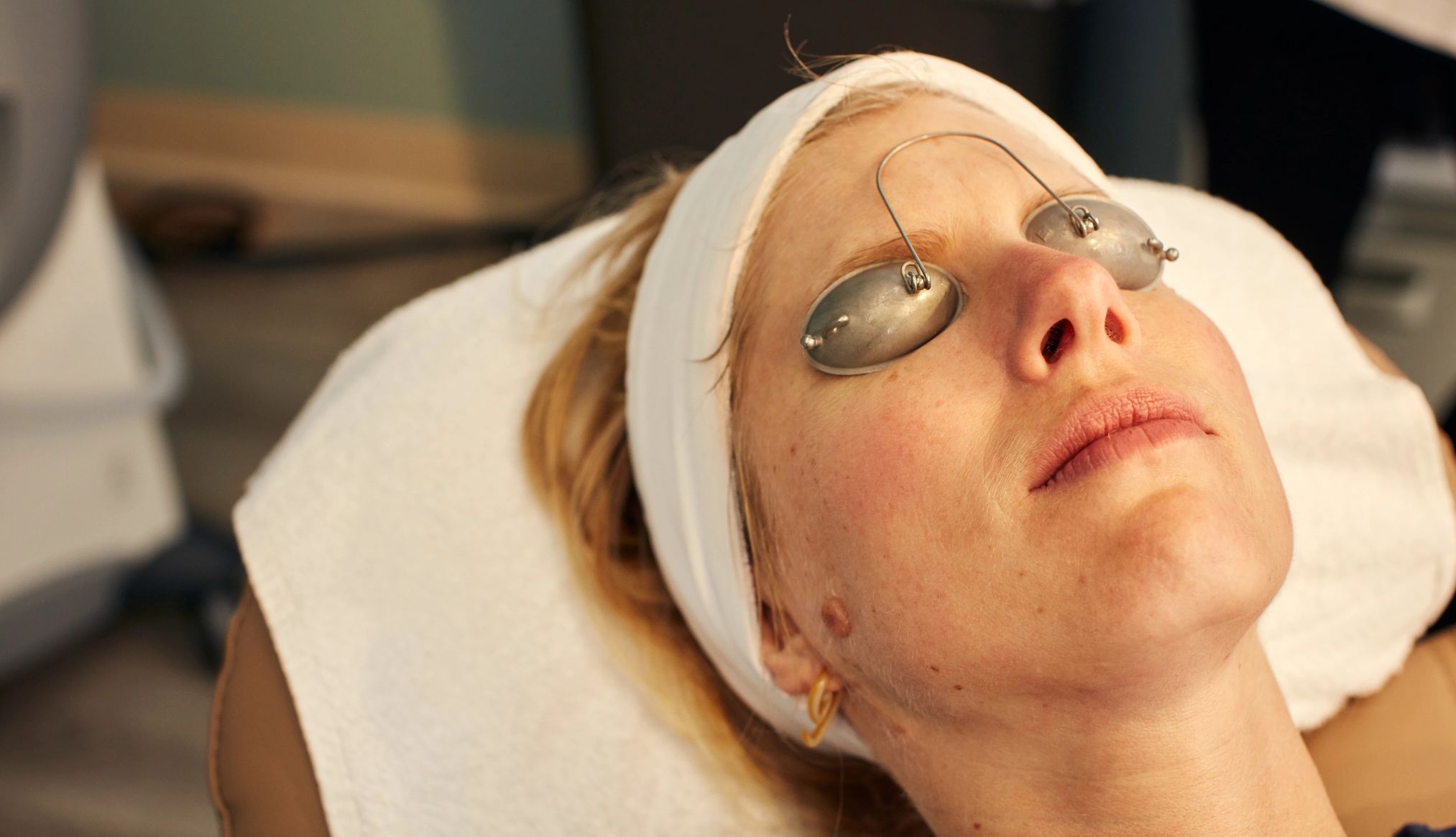







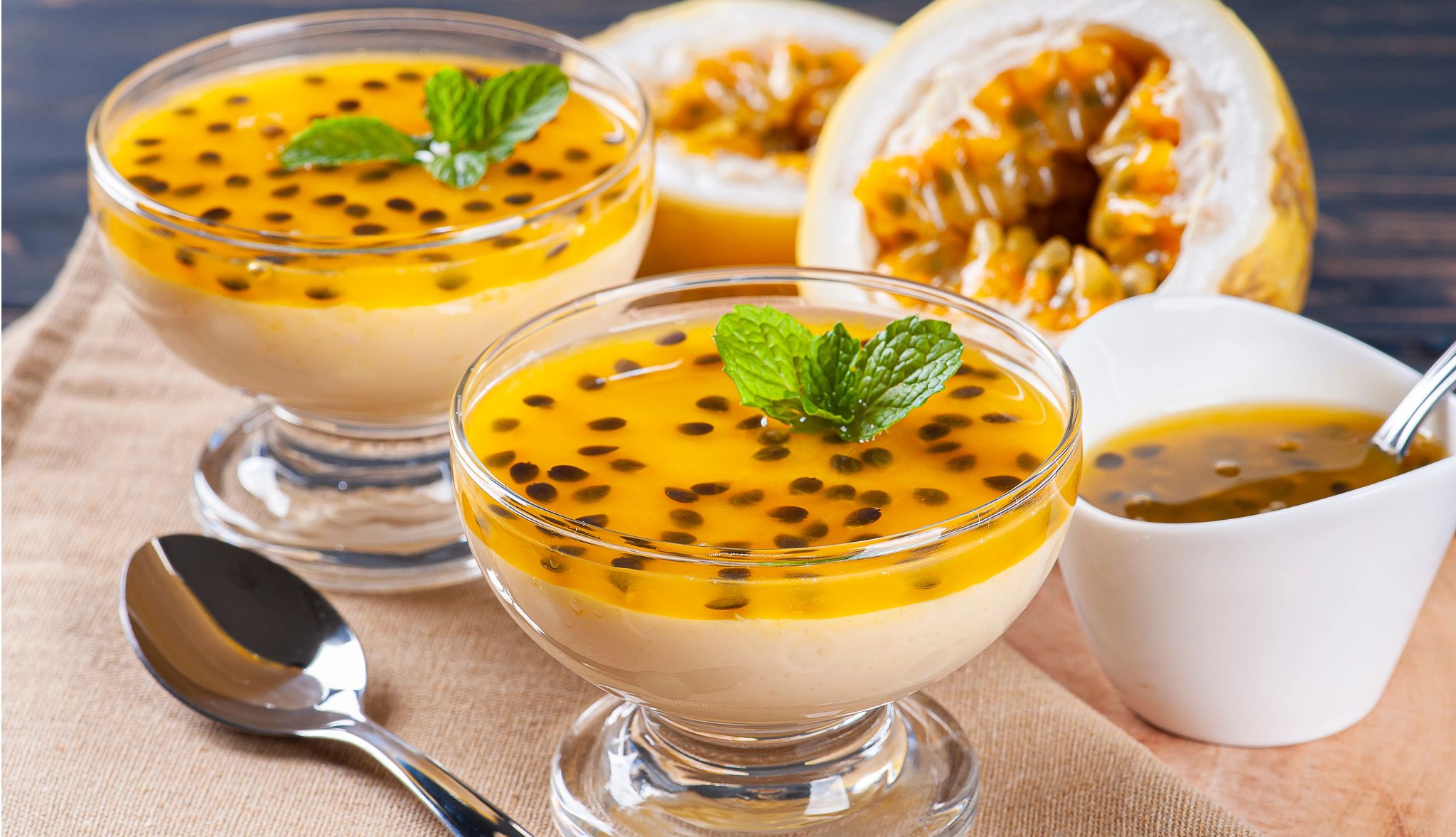


More on Health
Foods You Can Eat Without Gaining Weight
These healthy options are light on calories and fat, plus they fill you up
Can You Safely Get Vitamin D From the Sun?
A few minutes in the sun might have benefits, but risks include skin cancer, wrinkles
8 Bad Habits for Your Skin
Smoking, scratching and skipping out on SPF can be damaging
Try These Tips for Living a Healthier Life
Small changes can add up to big mental and physical results